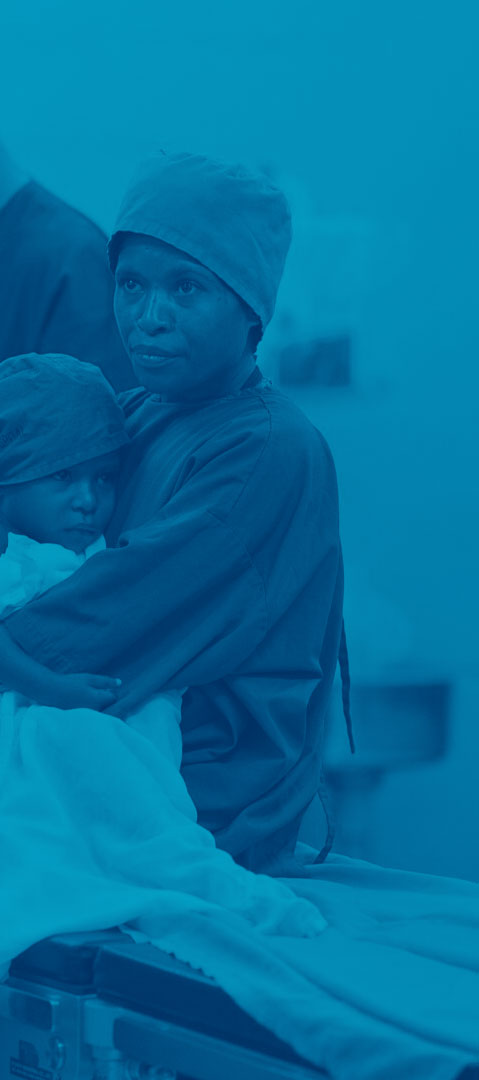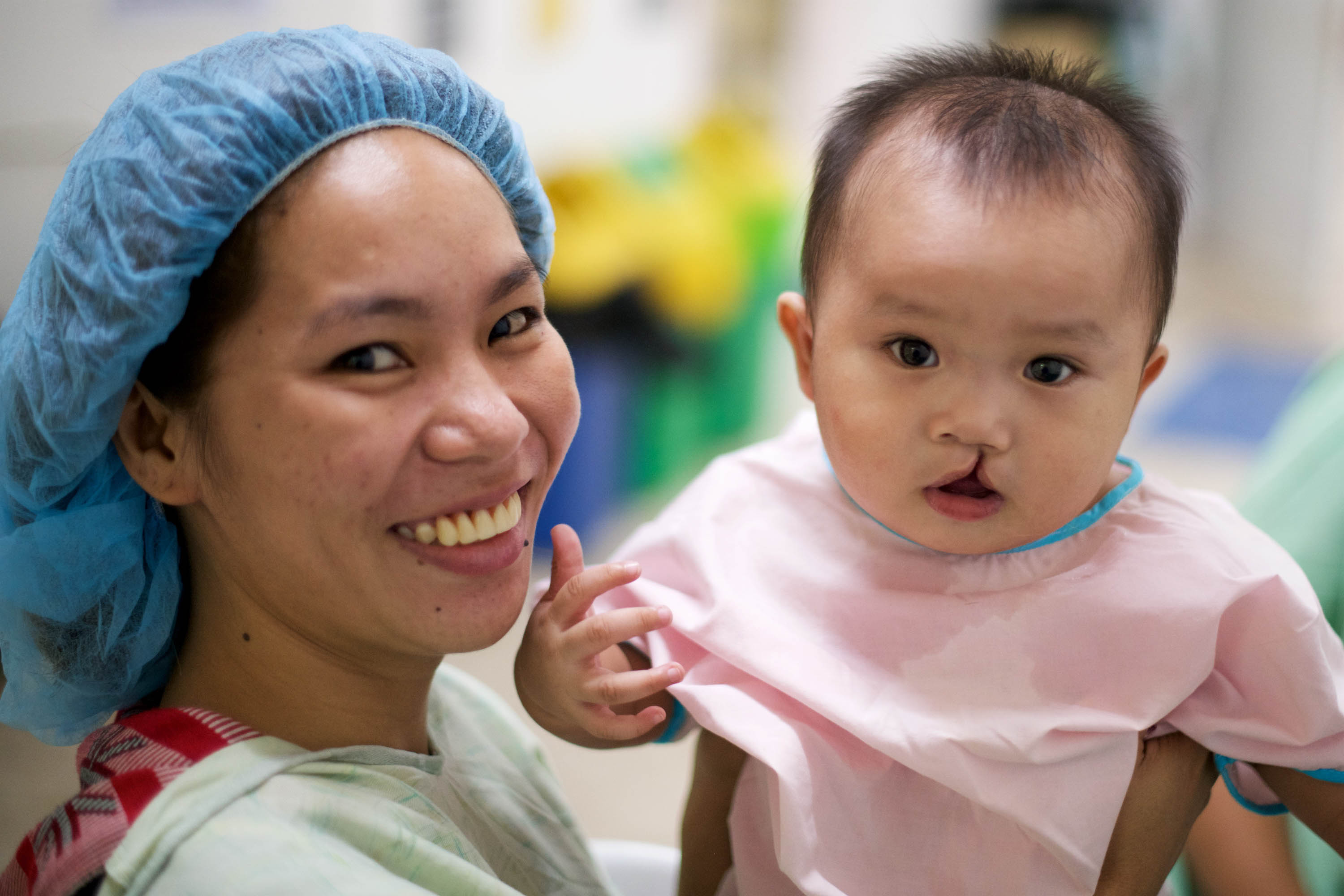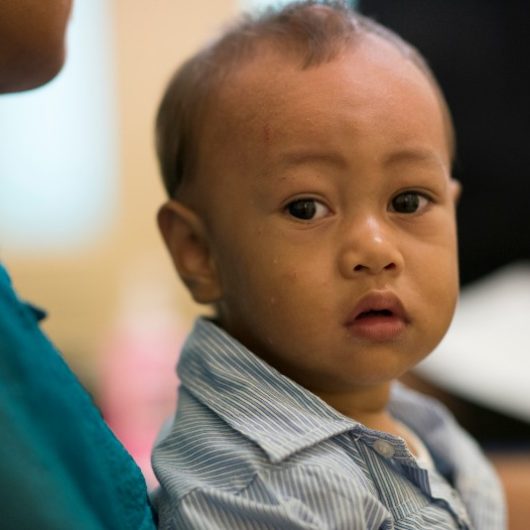Changing futures through surgery
Plastic and reconstructive surgery is incredibly powerful. It can completely change someone’s future. However, all over the Asia Pacific, millions of people with treatable conditions are living with disability, and in many cases dying, because they can’t access or afford the care they need.
People who have a disability are more vulnerable to poverty than those who don’t.
Children with disabilities are less likely to attend school than non-disabled children. Adults with trauma to limbs may not be able to work and provide an income for their family. Reconstructive surgery can change that. It can make a significant difference in patient outcomes and decrease the years of life lost due to highly treatable disability .
On our surgical programs and many of our training and mentoring activities, Interplast gives free surgical treatment to people who otherwise couldn’t access procedures that could restore their ability to function fully and give them new hope. While they work, our volunteers train and mentor local professionals, laying the foundations for stronger health systems with no need of outside help.
Our surgical programs usually go for one to two weeks. The visiting medical professionals volunteer their time and skills, and Interplast organises all the necessary medical equipment and supplies, to reduce the burden on local resources.
Interplast collaborates with local partners to plan, deliver and evaluate programs, obtain all local permits and approvals, identify appropriate patients and assure quality post-operative care is delivered even after the team departs.
Everywhere our teams go, they help build the capacity of local medical personnel to manage in-theatre and pre- and post-operative care.
Interplast’s work has changed the futures of more than 23,500 people, across 25 countries, for many of whom a relatively simple surgery has enabled an immediate, permanent and remarkable transformation. And the impact doesn’t stop there – it flows from the patient to their families, friends and the broader community.



